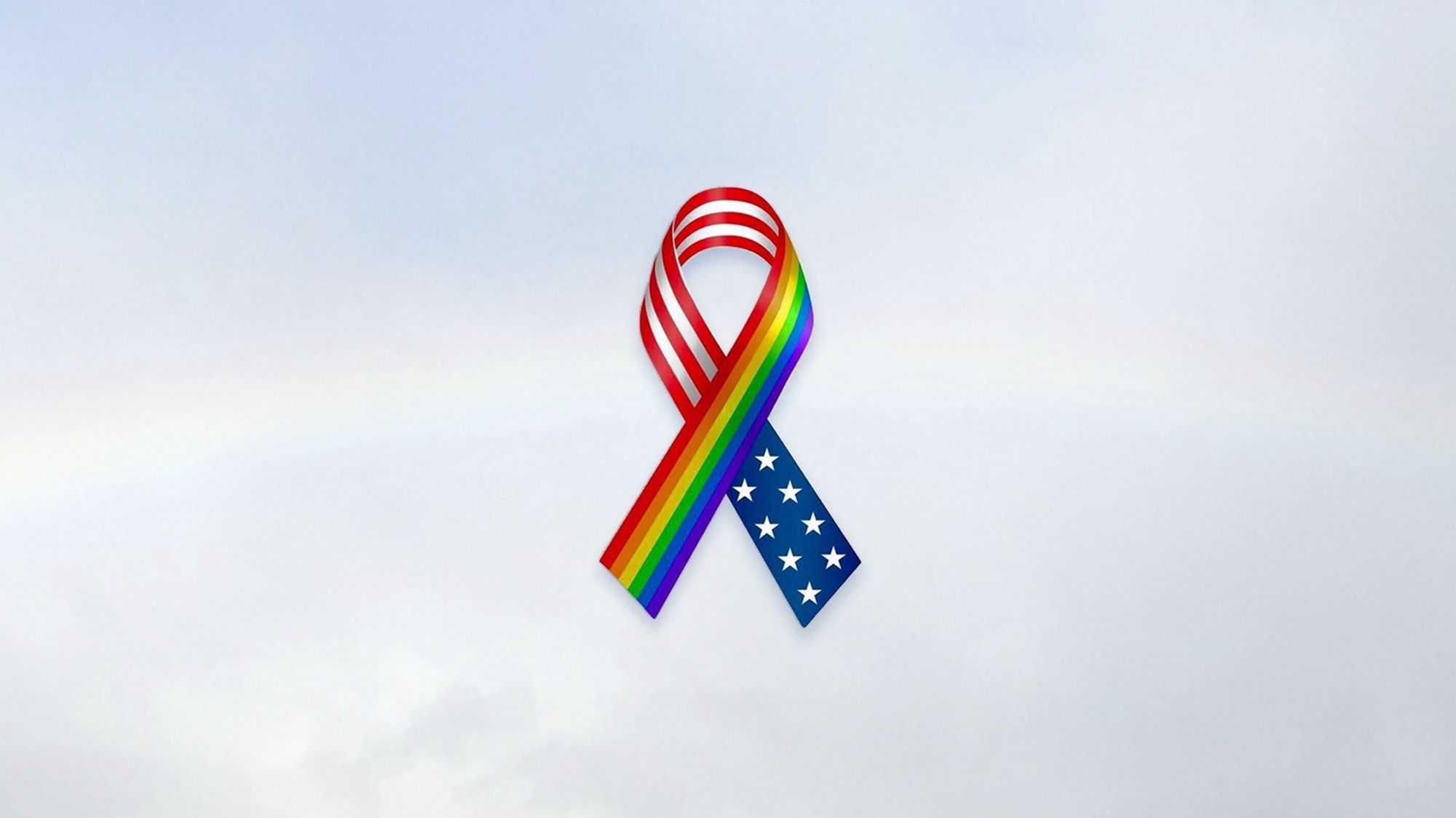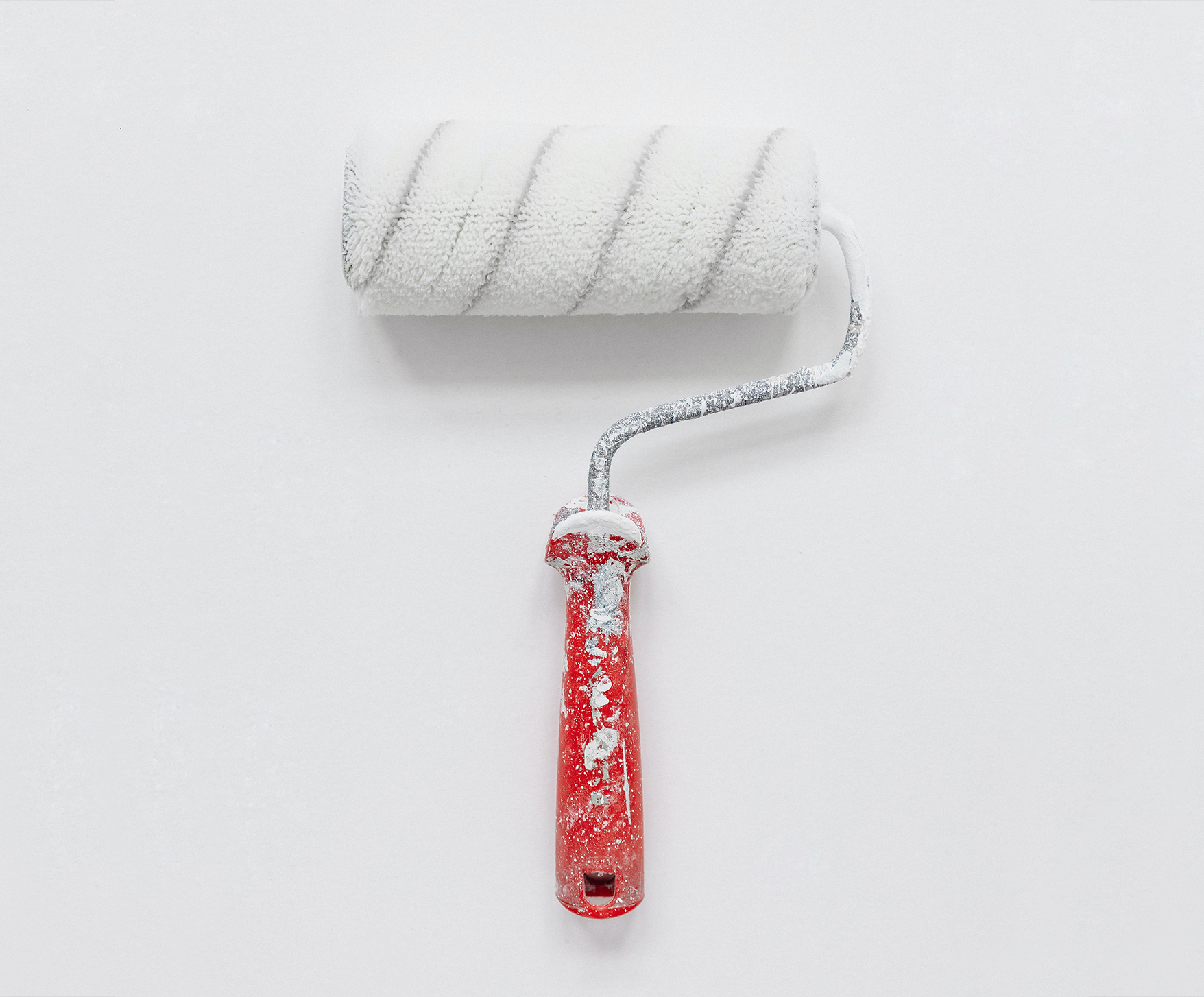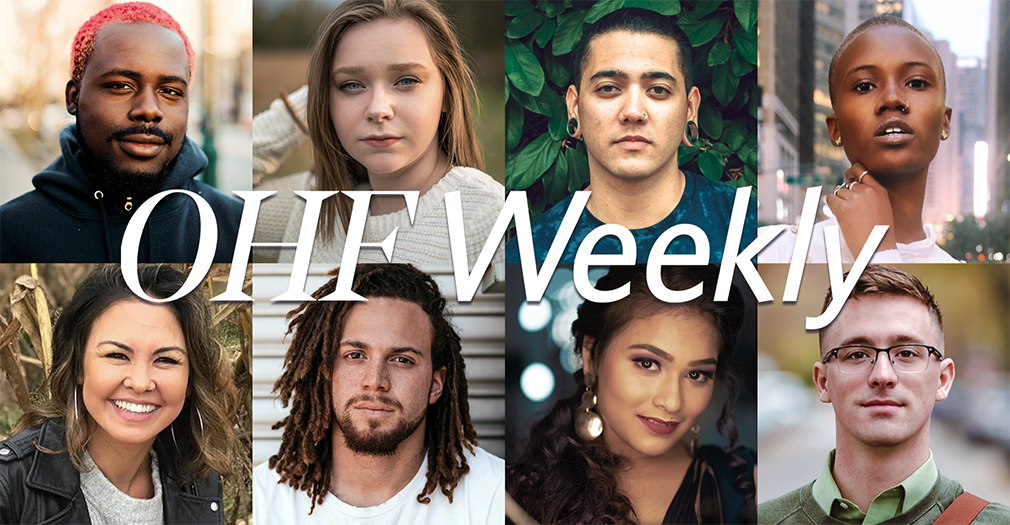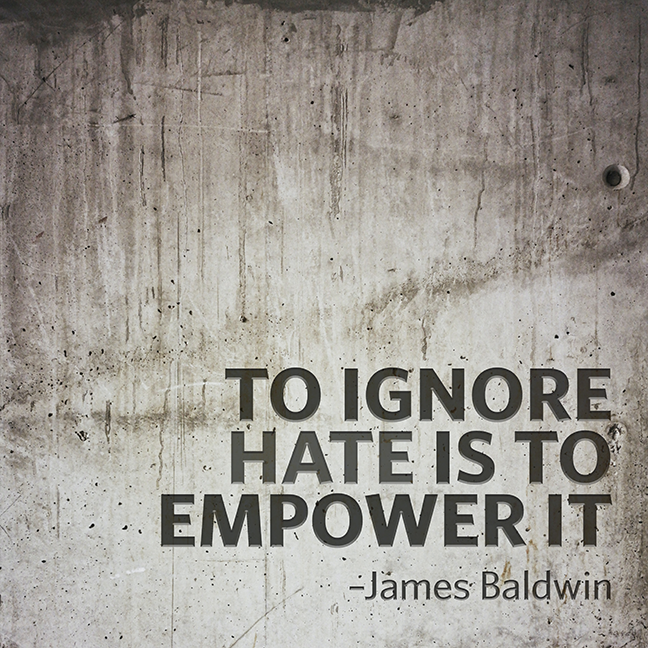Letter from the Editor:
June Gloom and Bloom

💛 Back in the mid-90s, I moved to southern California, Los Angeles to be exact. Part of the reason for the relocation was the fantastic L.A. weather: Never too hot or too cold. And the lack of humidity was of particular interest to this native Floridian.
I always laugh when Angelenos fret about the rain. First of all, it never rains in southern California, at least compared to the pop-up torrential downpours we have in Florida. To say Florida storms’ accompanying thunder and lightning are of Biblical proportions would not be an exaggeration. Given how the meteorologists went on and on with their impassioned “Stormwatch” warnings, I expected the end of the world. What I got was the equivalent of a light shower.
Another so Cal weather phenomenon is June Gloom. Sounds pretty abysmal. I won’t bore you with what I imagined, but instead of waking to sunshine and blue skies, the first few hours of the mornings begin overcast and with cooler temperatures.
I’m back in central Florida now. Mornings here start with the solar thermometer set to comfortably warm, and the skies are dotted with random big puffy cumulus clouds. Cheery and inviting, right?
But this year, June has a gloomy pall all its own.
June 1 marked the one-hundredth anniversary of the Tulsa Race Massacre. So much death and destruction. Saturday, June 12, marks the fifth anniversary of the Pulse massacre, in which forty-nine people were murdered in Orlando. Then there’s the observance of Juneteenth, the date enslaved Black people learned of the abolition of slavery—more on that in an upcoming article on June 19. Rounding out the month, who can forget dear old dad on his special day? (Sunday, June 2o, just in case.) And I won’t get started on the spate of recently enacted voting laws designed to restrict Black voters’ access to the polls.
Where’s the “bloom” alluded to in the title?
It’s inside of you.
Well, of course, the answer is more involved that those four words, but basically when you read about the survivors of the Tulsa Race Massacre and the Pulse Massacre, the people who persevered after Juneteenth, and the examples of many a father—the dew is still on the bloom. It’s obvious. Getting to the other side is a series of decisions you make, again and again and again.
You go with the flow, assess the reality of the situation, and bring all of you to the challenge you’re facing. This includes your wits. I’m not referring to book smarts, but a level head, an open heart, and a generous serving of common sense. Face the problem head-on with faith, patience, and persistence. If you need help, and Lord knows we all do at one time or another, seek it out. You’ll be surprised how much people are willing to help. And focus not on the problem, but a solid strategy for embracing that challenge.
That’s the through line for coming through those times of utter gloom into a season of bloom: assess the situation, deal with the situation with grace and common sense, and focus on the solution.
(You didn’t really expect me to leave you with a sad sack of woe without a hint of a positive take-away, did you? Come on now. You know me better than that. And if you didn’t, you do now.)
In This Issue
- New This Week: “Cancel Culture: The Race to Excuse the Inexcusable” by Michael Greiner
- In Case You Missed It: “The Whitewashing of Racism” by Clay Rivers
- Support Our Human Family and OHF Weekly
- Final Thoughts
New This Week
Cancel Culture: The Race to Excuse the Inexcusable
by Michael Greiner
Cancel culture: Probably the only term at this moment that can be found in pop culture, government, and horse racing circles. Educator, researcher, and writer Michael Greiner shows us how all the rage behind America’s newest hot button buzzwords made it all the rage.

In Case You Missed It
The Whitewashing of Racism
by Clay Rivers
Racism. Arguably the leading cause of death of Black, Indigenous, and People of Color. Aside from its lethality, racism has another side effect. Read of the ways racism often attempts to absolve itself and its perpetrator of any wrongdoing by either justification or eradication of any damage caused.

Support Our Human Family and OHF Weekly

Our Human Family, Inc. also advocates for racial equity by sharing the various lived experiences of our writers in our online publication, print and digital magazines, and activism handbook, Fieldnotes on Allyship. Soon our offerings will expand to include workshops, panel discussion groups, targeting vital educational programs for sponsorship, hosting guest speaker events, and much more.
If you enjoy or have been inspired by our writers’ works, your financial support of OHF Weekly is integral to our existence. Our editors and writers produce articles because they believe in the importance of racial equity, and they do so for no financial compensation.
But we can only rely on their generosity for so long.
Our primary goals are two-fold: To present you with informative and transformative articles that broaden your view of the world and the people who live in it, and to provide our writers with fair and competitive compensation for their work.
The only way we can achieve these ends is with the help of your tax-deductible donations. Please consider supporting the work and word of Our Human Family and OHF Weekly with a one-time gift or recurring donation. Click this link (or either of the two preceding) to make it happen.
Thank you in advance for your consideration and generosity.
Final Thoughts

Until next week—
Love one another.
Clay Rivers
Our Human Family, Founder and Editor-in-Chief
Top photo by Adam Chang on Unsplash



